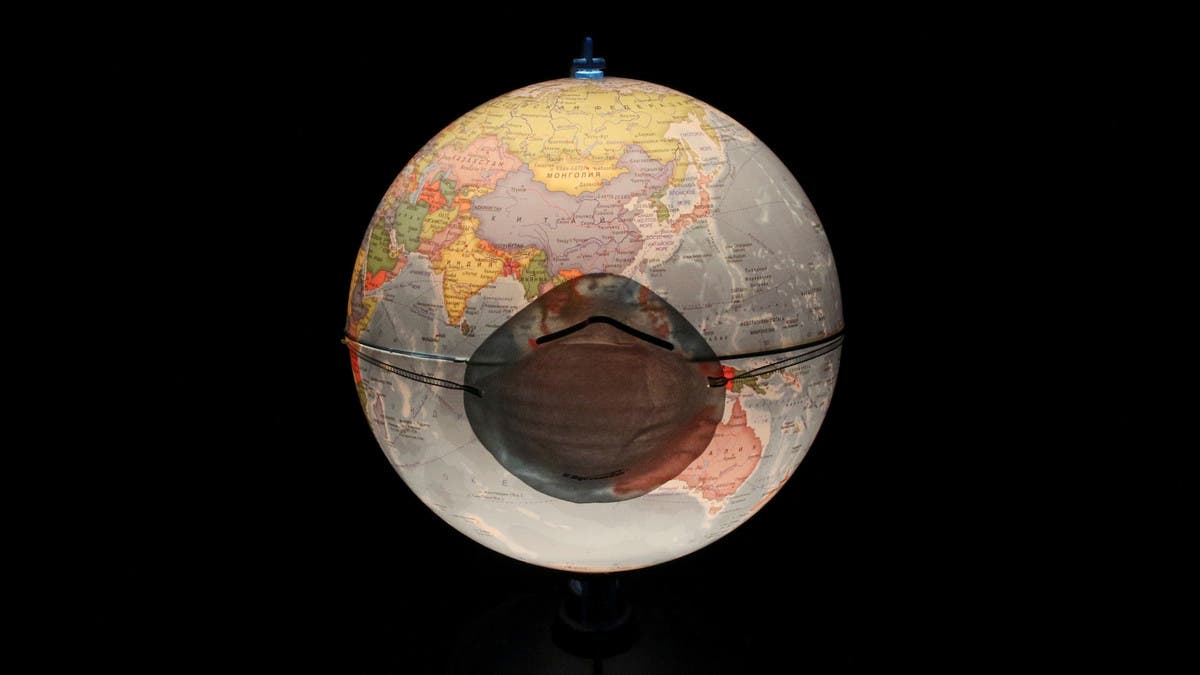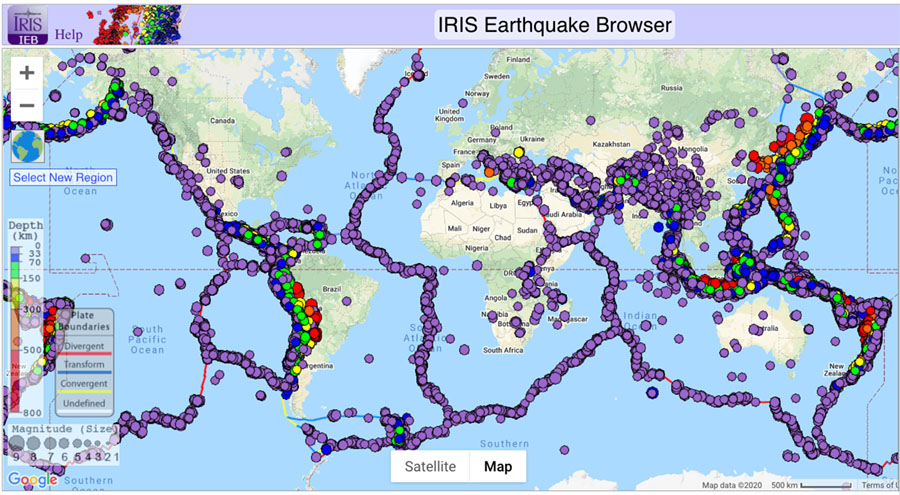My home lot is small. My neighbors are very close by. This
time of year, people are in their yards or have their windows open. Their
conversation on a recent afternoon went like this:
“This is the end, no question."
"We’re at the apocalypse."
"They
aren’t going to fix this, I don’t care what they promise."
The others agreed. No one argued. No one said, ‘Oh, we’ve
seen worse.’ No one said, ‘It won’t come in my lifetime.’
Are they right? Is Coronavirus the end? Is this a punishment from
God, a biblical plague, to be followed in short order by darkness, hail, locusts, and
the oceans turning to blood?
The short answer is, No.
But does that mean the Coronavirus pandemic has no biblical significance? Not at all. It would be very unwise to
ignore it.
Coronavirus is absolutely not a punishment from God, as a
born-again man tried to tell me a couple months ago, being visited on those
heathen Chinese for destroying ‘Christian’ churches. (He later contracted the disease himself...) God simply doesn’t work
that way. Long ago, Abraham said to God:
“It is unthinkable that you would act
in this manner by putting the righteous man to death with the wicked one so
that the outcome for the righteous man and the wicked is the same! It is
unthinkable of you. Will the Judge of all the earth not do what is right?”
(Genesis 18:25)
It was a rhetorical question; of course the Judge of all the
earth will always do what is right.
So if the Bible does not teach that the pandemic is a
punishment from God, does it explain why random people are dying while others
are surviving unscathed? Yes it does:
“The swift do not always win the race, nor do
the mighty win the battle, nor do the wise always have the food, nor do the
intelligent always have the riches, nor do those with knowledge always have
success, because time and unexpected events overtake them all.” (Ecclesiastes
9:11)
“Unexpected events.” There is no fate; no one is destined
to die because of Coronavirus. It is more likely to kill those with weakened
immune systems. But it isn’t a death sentence for the human race. Millions of people have survived
it so far, and millions more will come in contact with it and survive while
others die. The ‘mighty don’t always win the battle.’
There are, in fact, things you can do to improve your
chances of survival.
Adam’s and Eve’s bodies were wonderfully made by their
creator with multiple lines of defense against disease. But with each
generation we get further and further from that perfect start. On top of that,
within one century we went from
virtually everyone eating farm-fresh organic food, breathing clean air,
drinking clean water, and staying physically active all day... to a generation
that sits in front of a computer all day and thinks mac-n-cheese and
‘Impossible burger’ is actually food.
If you’re a health nut who buys organic food, filters your
water, filters the air in your house and walks two miles a day, you still won’t
live forever. We all inherited death from Adam. But whose chances of warding
off a virus rank higher: the health nut, or an overweight smoker living on diet
soda and pop-tarts?
We’ve come, in one century, from a generation that took responsibility
for their own health, to a ‘herd mentality’ that thinks we’re all going to die
if science doesn’t come up with a solution.
If the ‘health service’, so called, was really interested in saving as
many as possible, it seems like their message should be: 'Build your immune system! Get more sunshine,
keep moving, get plenty of rest, take vitamins C and D and E, eat fresh food,
and don’t stress!' If everyone did some or most of these things, everyone’s
immune system would improve, and far fewer people overall would be in danger
from the virus.
Is the pandemic the end
of the world? No. There have been many plagues down through history. But that
is not the point. Jesus said the last days would be marked by wars, “great
earthquakes, and in one place after another food shortages and pestilences.” (Luke
21:10, 11)
In the war between Napoleon and Wellington – sometimes called the
Peninsular War, between England and France in the early 1800s – many wondered
if it was the end. All those signs were being seen: War, food shortage,
pestilence, even great earthquakes. Serious Bible scholars, however, knew it
wasn’t the end. How? Because Jesus added, “And this good news of the kingdom
will be preached in ALL the inhabited earth, for a witness to ALL nations, and then
the end will come.” (Matthew 24:14) Matthew Poole, for example, pointed out
that in his day, the 1700s, the gospel had barely reached America, let alone
India or Australia, and certainly couldn’t be said to have been preached in
every nation. (See Matthew Poole for Mark 13:10)
Today, however, all the pieces of Jesus’ warning sign are in
place. Since World War I broke out, the world has been constantly at war; has
been bouncing from the Spanish flu to polio to heart disease to ebola to cancer
to AIDS; the world has seen food shortages all over Africa and Asia and even in
more affluent lands; has endured a barrage of earthquakes in one place after
another; and, most significantly, has witnessed the Good News of the Kingdom
being preached in literally every nation and language. The most widely
translated website on the internet, by a huge margin, is not Google or Facebook;
it is jw.org, in over 1,000 languages, whose overriding theme is the good news of the kingdom.
Coronavirus may not be the end of the world. But the end is
certainly not waiting for some new sign to be fulfilled before it comes.
Please leave a
comment.To read another of my columns on a similar subject, click here.









